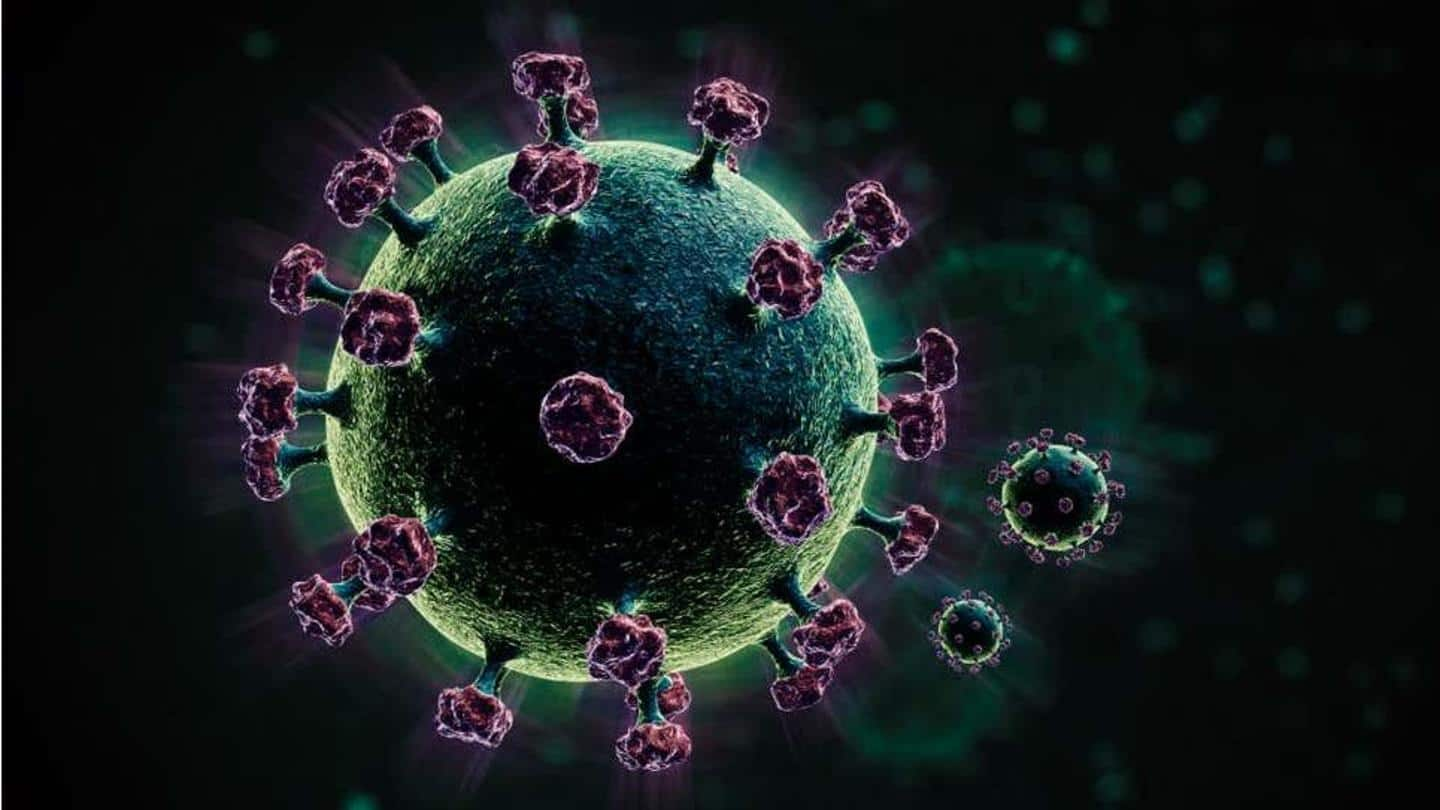
COVID-19: Everything to know about Delta, Delta-Plus, Kappa, Lambda variants
What's the story
India is witnessing a decline in COVID-19 cases, but concerns of the highly infectious Delta Plus variant triggering the third wave are on rise.
Meanwhile, different mutant variants of the COVID-19-causing virus—SARS-CoV-2—being identified in India are also sparking fear and panic. Apart from Delta Plus, Delta, B.1.617.3, B.11.318, Kappa, and Lambda variants have grabbed the attention of health experts.
Here's more on these variants.
#1
Delta variant caused exponential rise in cases, deaths in India
The Delta (B.1.617.2) variant—first detected in India—is highly transmissible, causing more severe symptoms in those infected.
In fact, experts say it largely drove India's devastating second COVID-19 wave that saw lakhs of new infections and thousands of deaths daily.
A new study shows existing vaccines are eight times less effective against the Delta variant compared to the original strain first discovered in Wuhan, China.
#2
Delta Plus formed because of a mutation in Delta variant
Next, the highly infectious Delta Plus variant (AY.1 or B.1.617.2.1) is the result of a mutation in the Delta variant—formed due to the spike protein mutation K417N.
So far, India has detected a couple of hundred Delta Plus infections—with Tripura reporting 138 cases of this "Variant of Concern". Experts say this variant may even evade immunity produced from vaccination and prior infection.
#3
Kappa variant is a double mutant of the virus
There's also a Kappa (B.1.617.1) variant known to be a double mutant of SARS-CoV-2—with EE484Q and L452R mutations. Uttar Pradesh on Friday reported two cases of this variant.
However, it's not new; it was first detected in October 2020 in India and belongs to the same lineage as the Delta variant. The World Health Organization (WHO) has classified it as a "Variant of Interest."
#4
Lambda variant detected in nearly 30 countries so far
Meanwhile, the Lambda (C.37) variant—not detected in India yet—has also been characterized as a "Variant of Interest" by the WHO last month. It was first identified in Peru in August last year and has since spread to nearly 30 countries, including the UK.
India's Health Ministry on Friday stated that this coronavirus variant has not entered the country, but is being monitored closely.
#5 and #6
The B.11.318 and B.1.617.3 variants of the novel coronavirus
Then, there is the B1.617.3 variant of the B.1.617 lineage first seen in India. It's a relative of the Delta variant. However, it hasn't been categorized as a variant of interest or concern.
Finally, we have the B.11.318 variant—having 14 mutations—that contains the E484K spike protein mutation identical to the Kappa variant. So far, India has reported two genome sequences of B.11.318 variant.